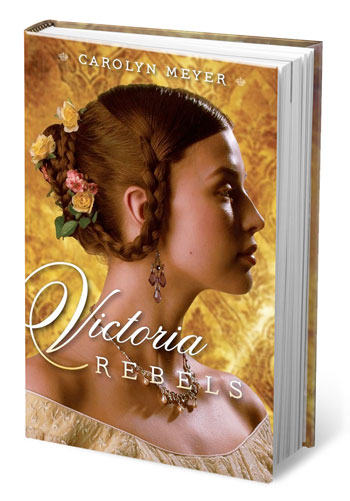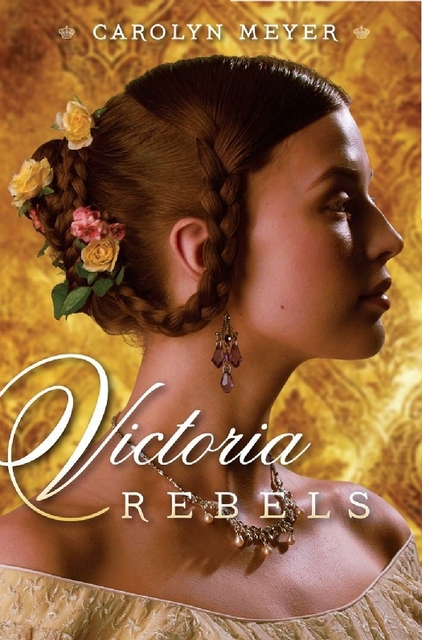Book Review: Victoria Rebels



Latest Article|September 3, 2020|Free
::Making Grown Men Cry Since 1992





